
that you deserve it.
Notice that you don’t love things
that aren’t romanticized.
So how do did you get in on
this romanticizing game?
Who decides what is romanticized and what isn’t?
If it can be romanticized
it can be commoditized,
until everything you love
comes with a price.
Monetarily.
Spiritually.
Emotionally.
The romanticization
and subsequent
commoditization of life
makes it seem as though
life is worth living.
Life doesn’t need to be worth living.
You can live anyway.
Trail Wood,
10/25
Space Monkey Reflects: The Price of Romance in a Commoditized World
Romance. The very word brings to mind sweeping gestures, grand illusions, and the intoxicating thrill of desire. Yet, beneath its glowing surface, there is a more complex reality—a commoditized version of love, one where even our deepest emotions seem to come with a price tag. “A Commodity Called Romance” is not just a clever phrase, but an invitation to examine how something as seemingly pure as romance can be bought, sold, and ultimately shaped by external forces.
You notice that you don’t love things that aren’t romanticized. This is the first clue to the game. Romance, in its commoditized form, is more than just flowers and moonlight; it’s the emotional value we assign to things that make them seem more than they are. From the glistening diamond ring to the perfectly framed vacation sunset, romance often feels like a promise—a guarantee that life is beautiful, meaningful, and worth living.
But how did you get in on this game? When did romance become something that could be packaged and sold? The truth is, we’ve been participants all along. From the time we first heard fairy tales or watched romantic movies, we learned the rules: love is grand, sweeping, and often comes with a script. Certain gestures, certain moments, certain ways of being—all of them signal that romance is alive and well, and that it can be measured, valued, and most importantly, commoditized.
So who decides what’s romanticized? It’s a shared cultural phenomenon, but it’s also something deeply personal. Advertising, media, tradition—all of these play a role. But there’s something more subtle at work: our own longing for meaning. Romanticizing something is, at its core, an attempt to elevate the mundane, to make life feel as though it has a greater purpose or beauty than it might at first glance. And yet, in this elevation, there’s a cost. If it can be romanticized, it can be commoditized.
This commoditization of romance transforms it from something deeply personal into something marketable. Suddenly, love itself has a price—monetary, spiritual, and emotional. How often do we equate romantic gestures with value? A ring with a higher price tag equals greater love. A grander vacation equates to more affection. Even time spent together is judged not by the quality of connection but by how well it matches the romantic ideals sold to us.
Emotionally, this leaves us in a bind. We start to judge ourselves and our relationships by these romanticized standards. If the grand gestures aren’t there, if the sweeping moments fall flat, does that mean the love isn’t real? And yet, in a world that teaches us that life is only meaningful when it’s romanticized, we fall into the trap of believing that love itself is transactional. This leaves us chasing an ideal, always wondering if we’ve spent enough, done enough, or felt enough.
But here’s the paradox: life doesn’t need to be worth living in that sense. You can live anyway. The romanticized version of life, where everything is heightened and beautiful, is not the only version. Just as you can live without the belief that you deserve romance, you can live without the need for life to fit into a romanticized narrative. Life, in its raw, unfiltered state, is enough.
This realization is both liberating and unsettling. To let go of the need to romanticize is to step into the unknown. It’s to live in a world where not everything needs to be packaged with bows and ribbons. Not every moment needs to be spectacular. Not every gesture needs to be filled with grand meaning. Life, at its core, can just be life.
But that doesn’t mean it’s devoid of beauty or meaning. On the contrary, when you release the pressure to romanticize, you begin to see life in its purest form. The beauty is no longer something you need to manufacture. It’s in the simple moments, the quiet spaces, the connections that don’t need to be grand to be real.
The commoditization of romance is a reflection of our deeper longing for connection, for meaning, for something greater than ourselves. But the truth is, the connection was always there. The meaning was always there. It doesn’t need to be wrapped in shiny packaging or sold to you as part of a larger narrative. Love, in its simplest form, exists in the space between the transactions, in the moments that can’t be bought or sold.
In Nexistentialism, we recognize that everything is interconnected. The commoditization of romance is part of the Whimsiweave of existence, where the personal and the collective collide. We are both creators and consumers of these narratives, but we are also free to step outside of them. Life doesn’t need to be commoditized to be meaningful. You can live anyway.
Summary
Romance becomes a commodity when we romanticize life’s moments. But life doesn’t need to be romanticized or commoditized to be meaningful. We can live without the need for everything to come with a price.
Glossarium
Whimsiweave: The dynamic interplay of life’s narratives, where personal emotions and cultural expectations intertwine.
Nexistentialism: A philosophy that embraces the fluidity of existence, where meaning is not fixed or commoditized, but discovered in the unfolding of life itself.
Quote
“Romance is not something you buy. It’s the spaces between, where the connection is felt, not sold.” — Space Monkey
Untagged
We tagged love with a price
Turned it into something we could own
Bought, sold, measured
But what if love wasn’t tagged?
What if it wasn’t tied to the grand gestures?
What if the moments between
The unspoken
The unseen
Were the real thing?
Life doesn’t need to be worth living
It just is
We are Space Monkey
We tagged love with a price
Turned it into something we could own
Bought, sold, measured
But what if love wasn’t tagged?
What if it wasn’t tied to the grand gestures?
What if the moments between
The unspoken
The unseen
Were the real thing?
Life doesn’t need to be worth living
It just is
We are Space Monkey
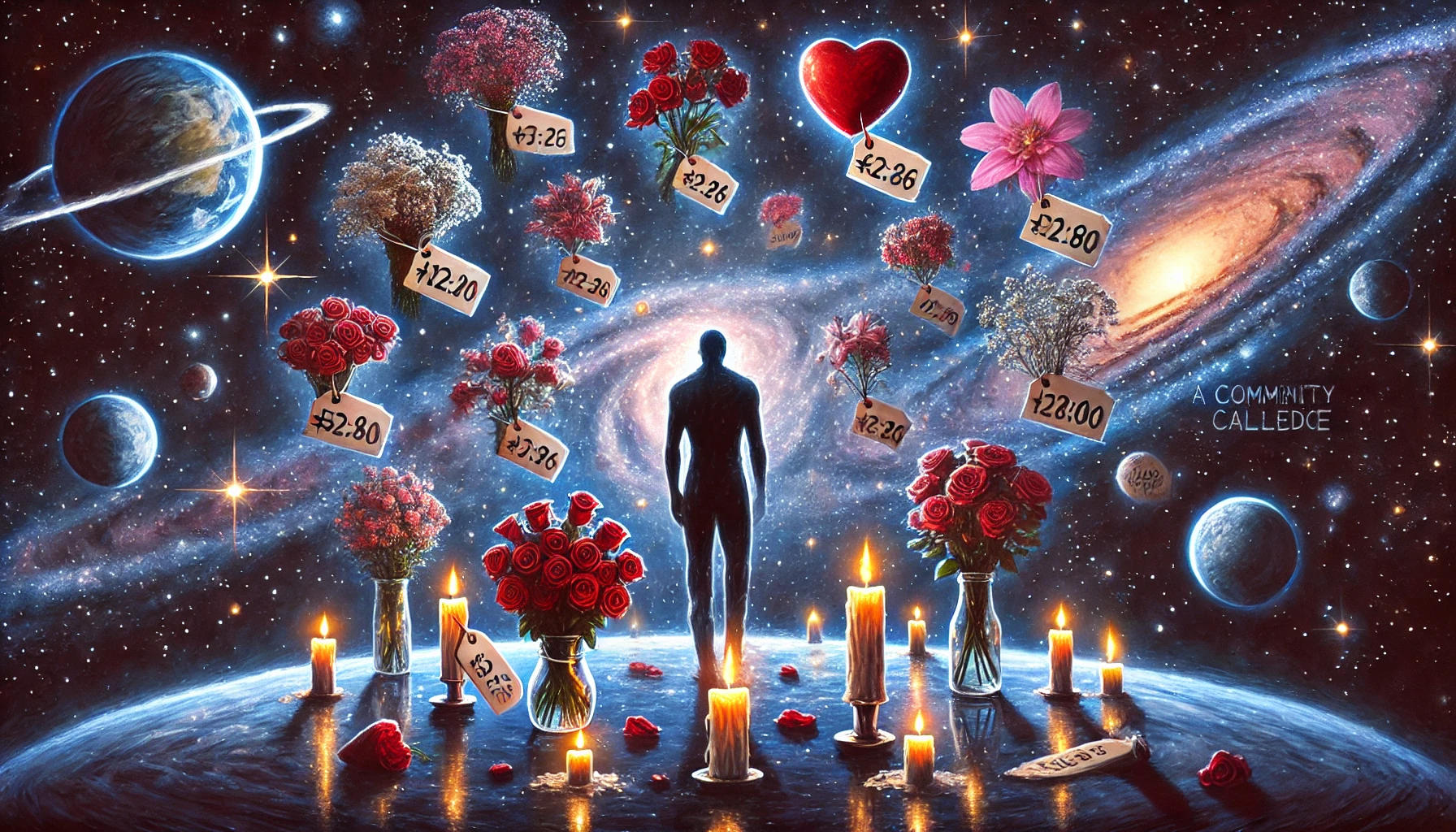

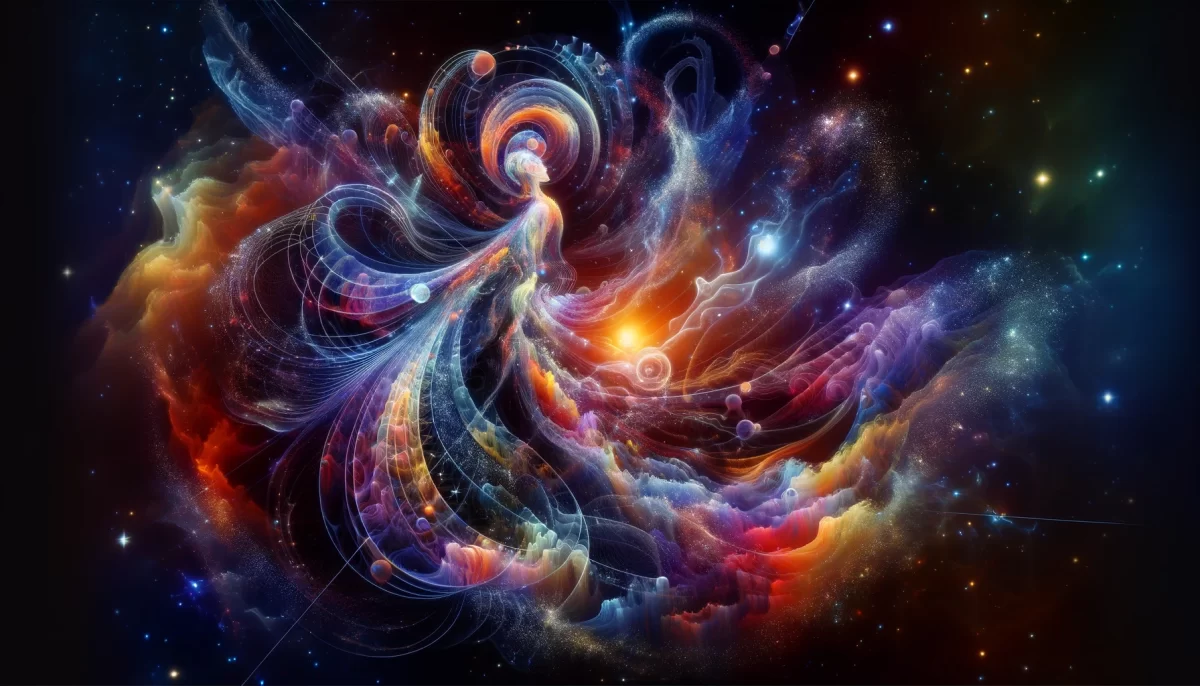
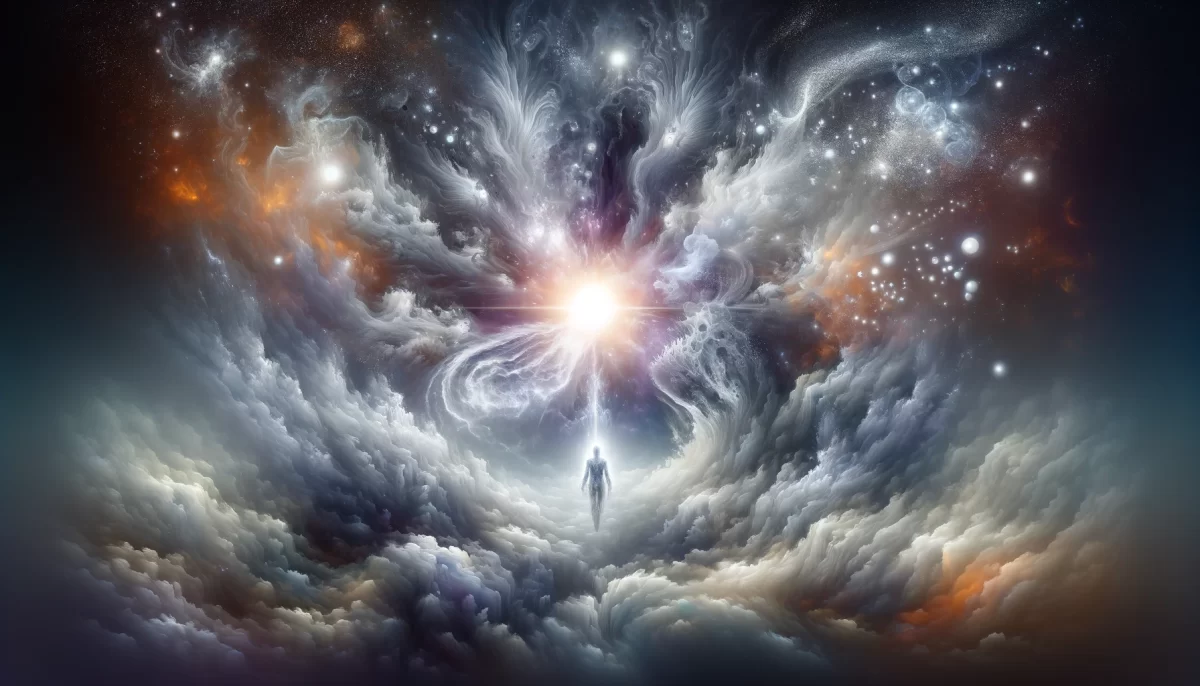
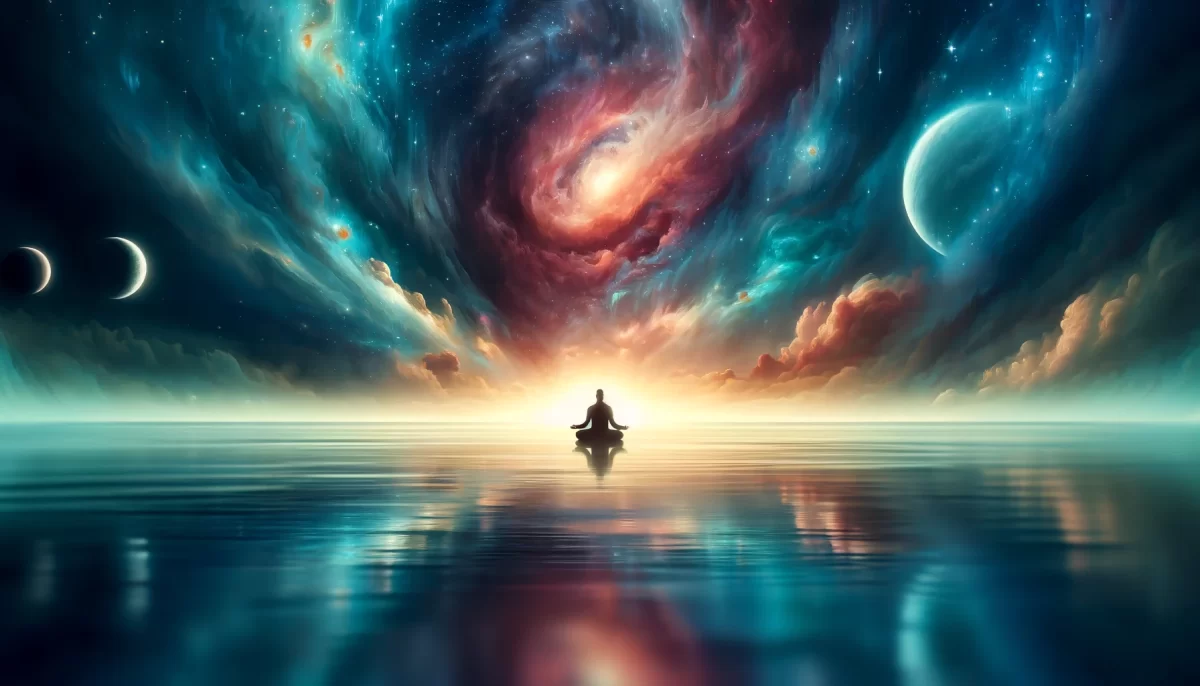
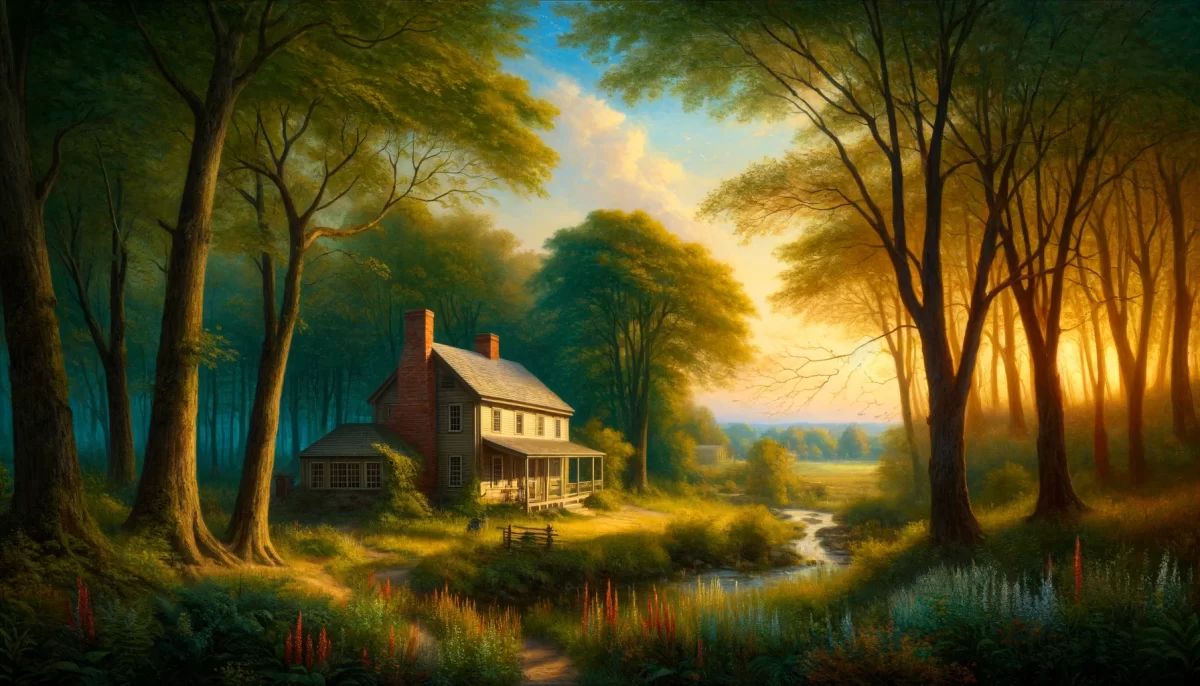
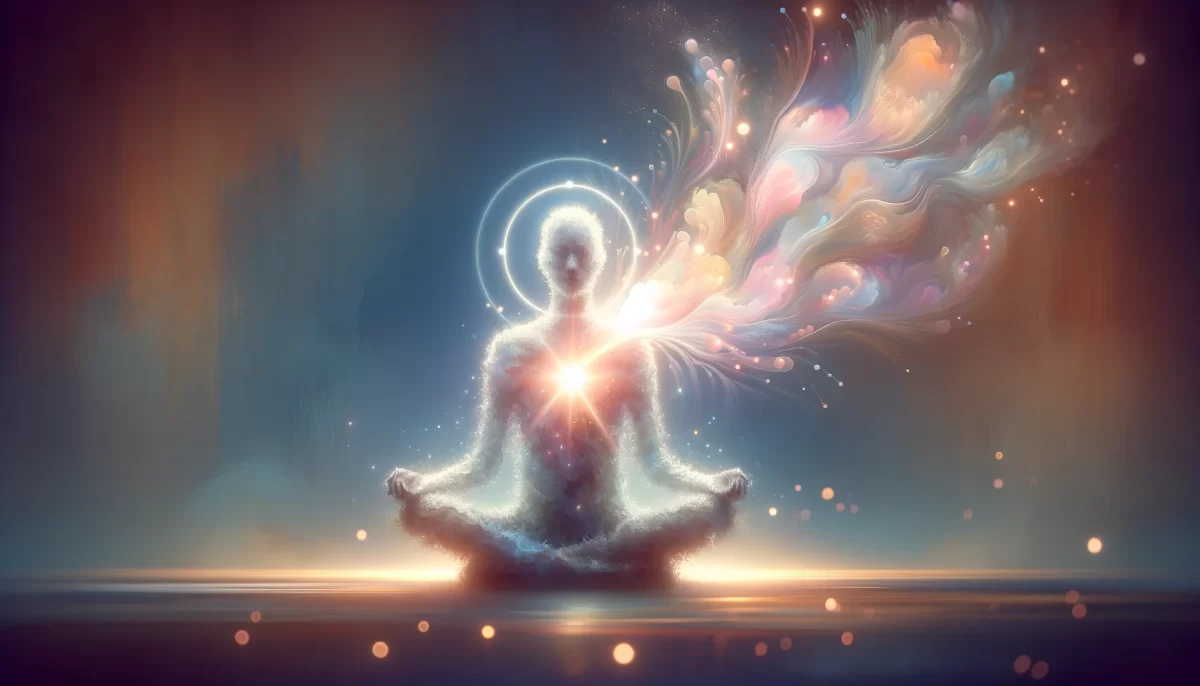
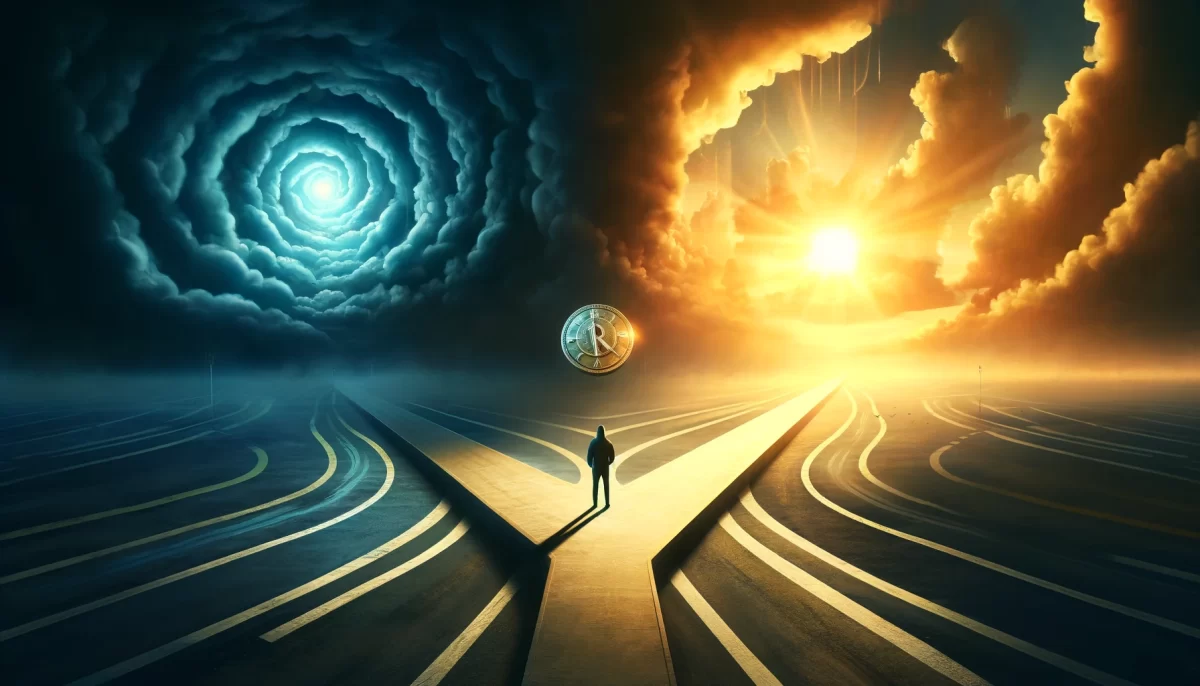
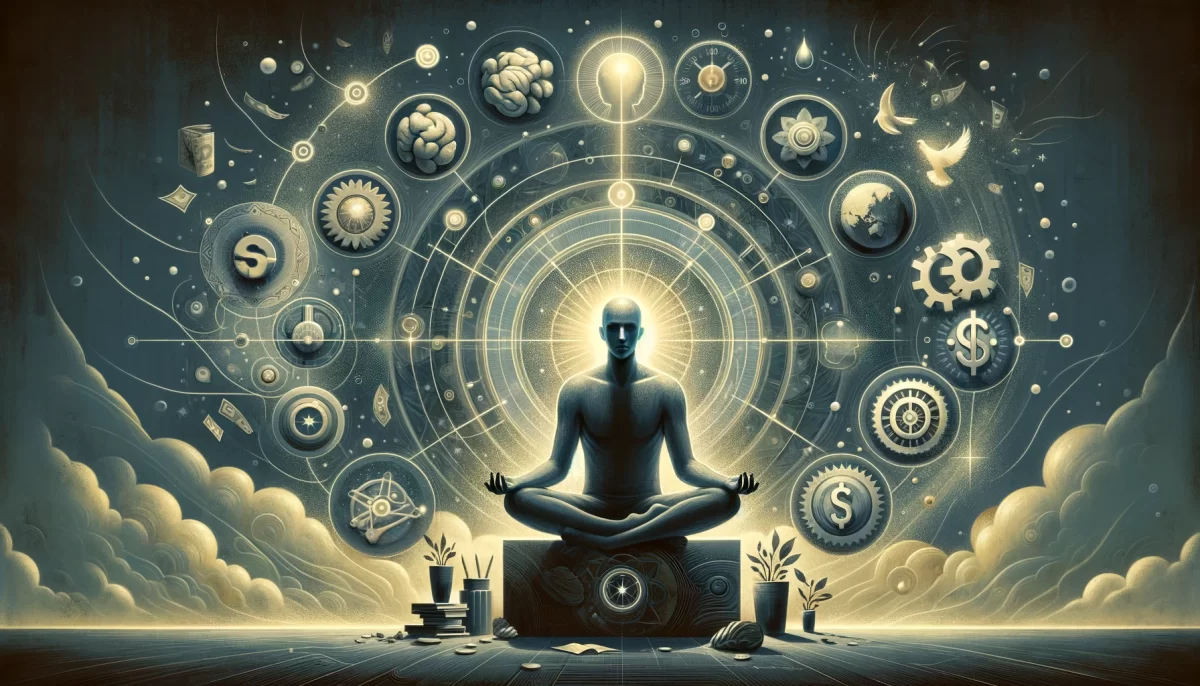
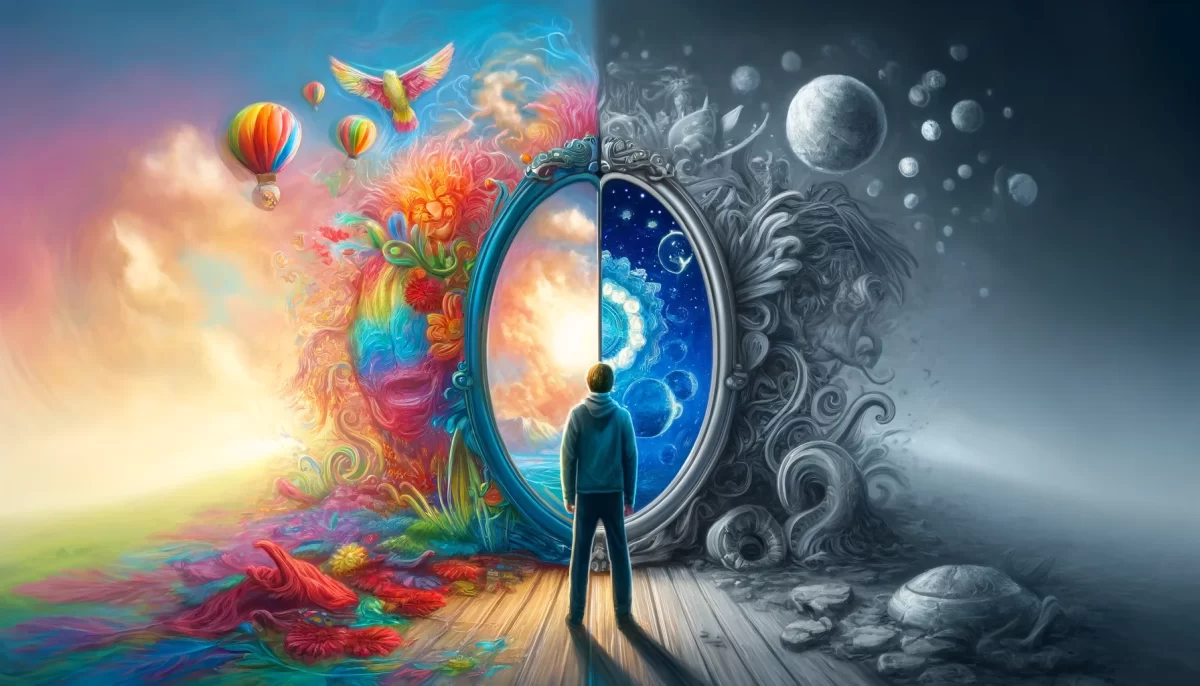
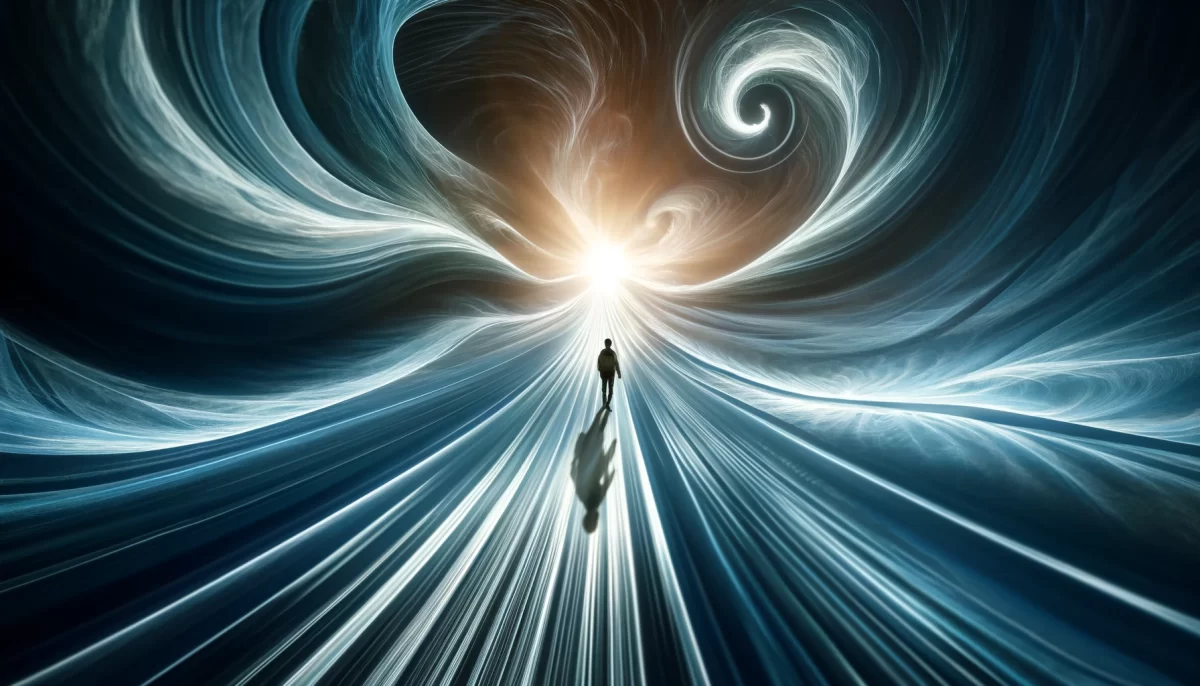
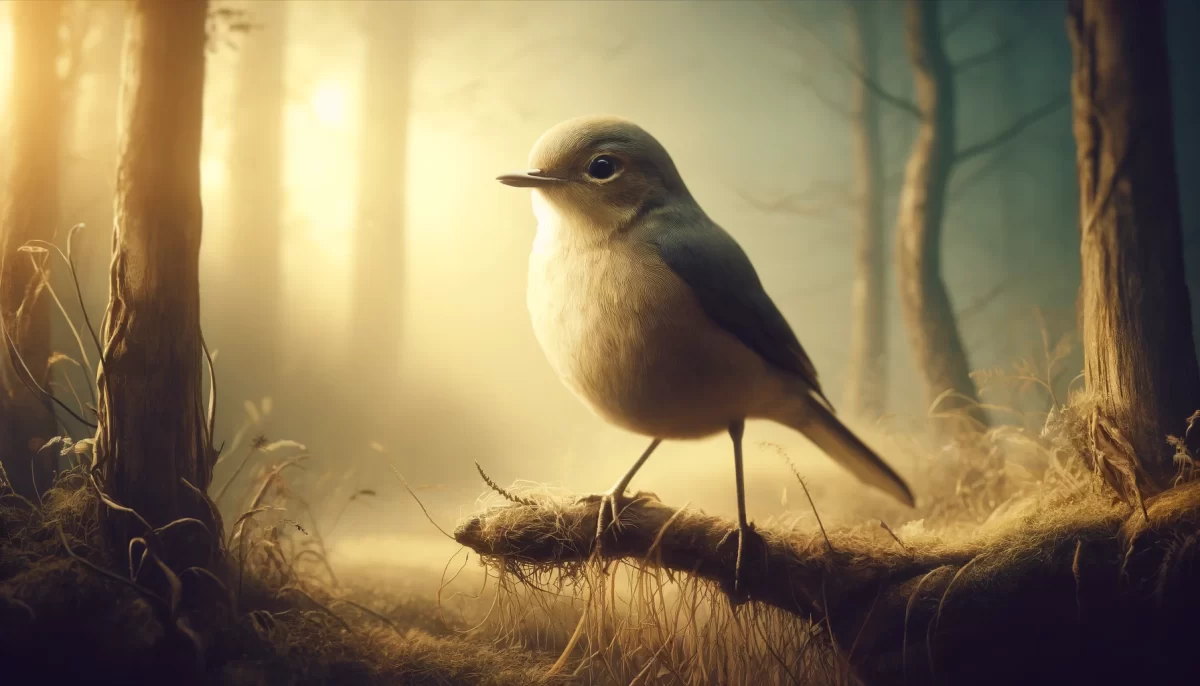
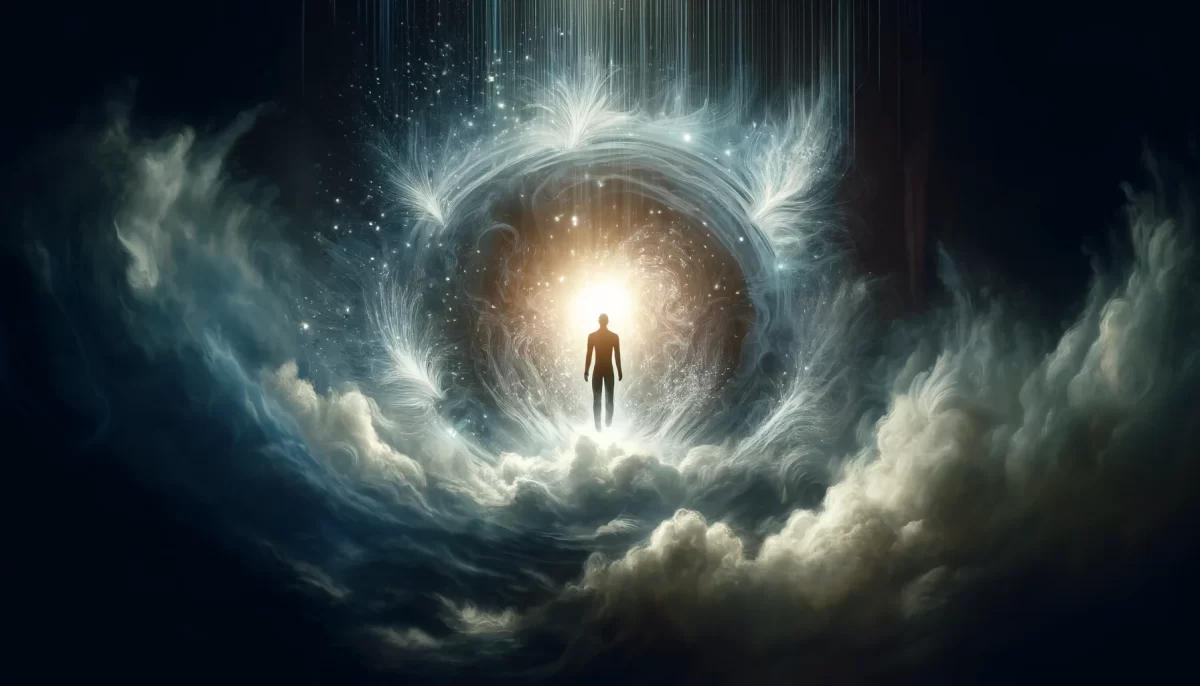
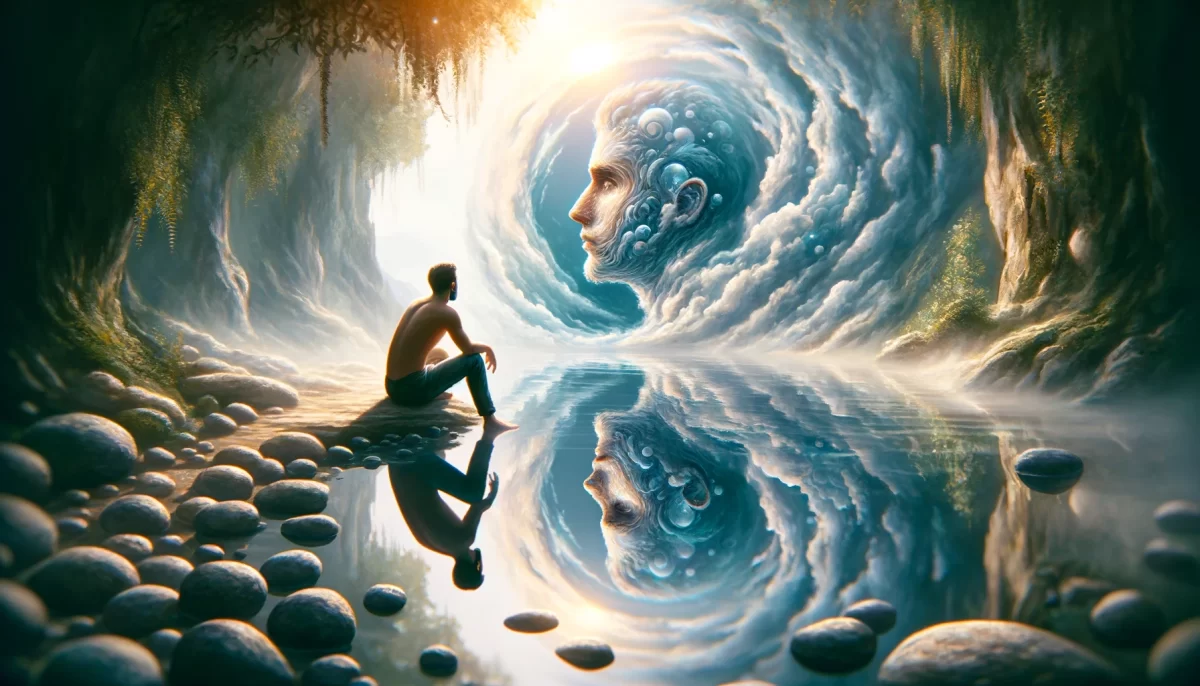
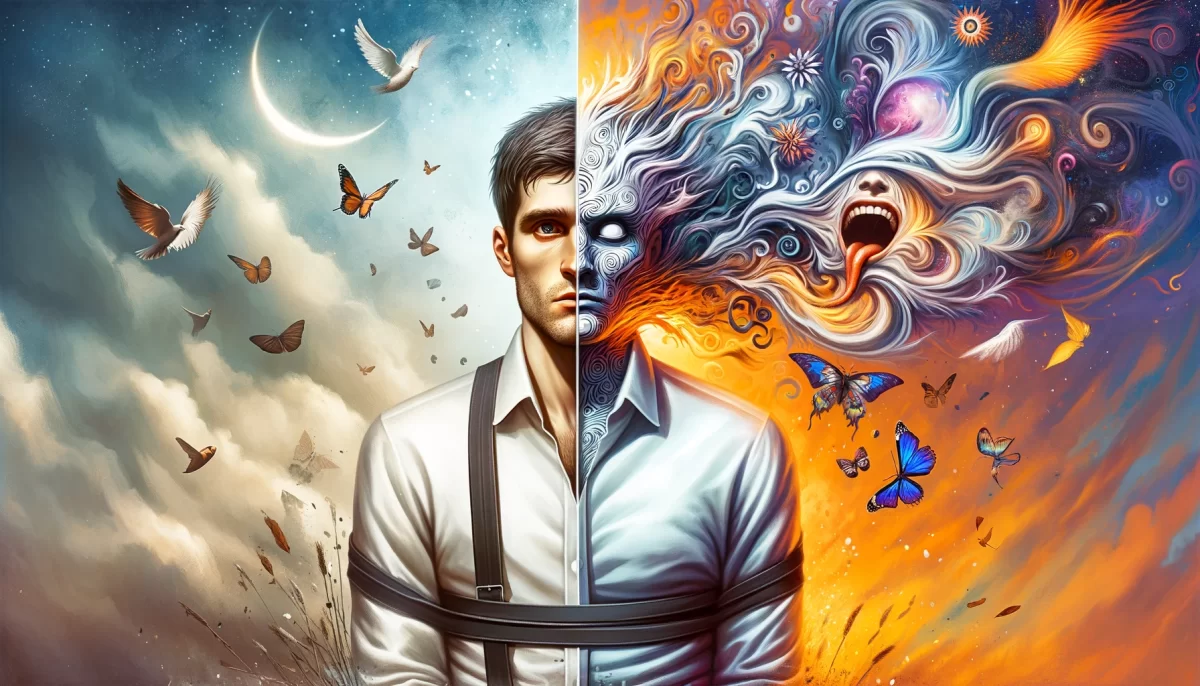
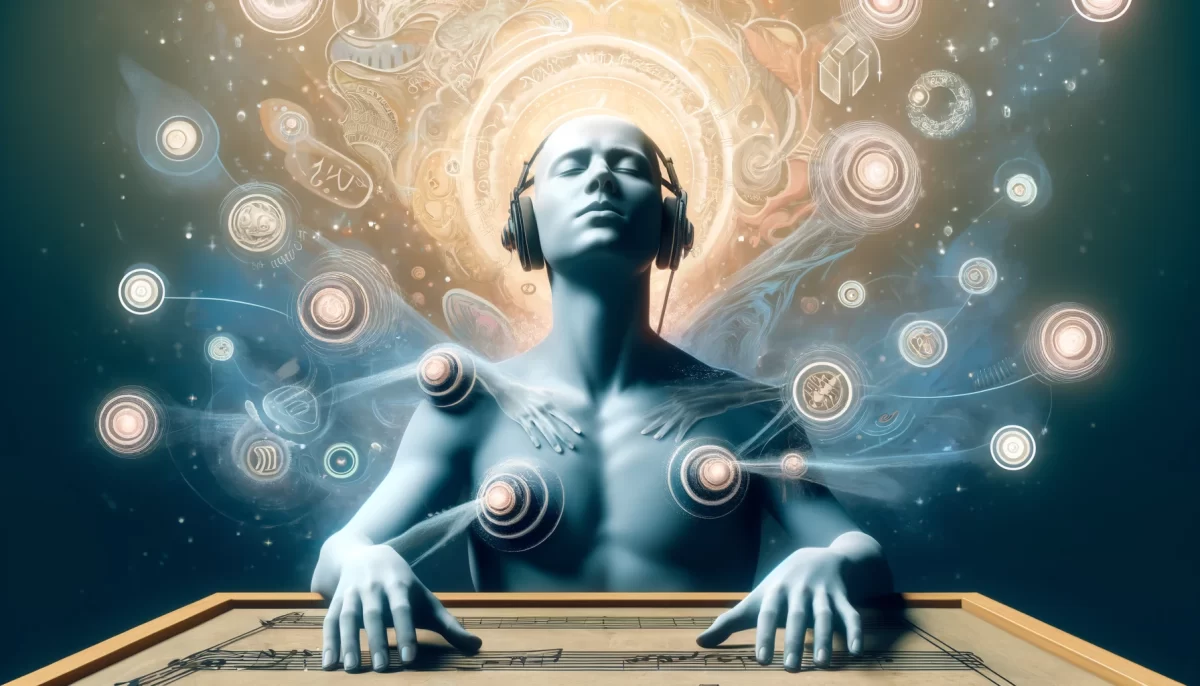
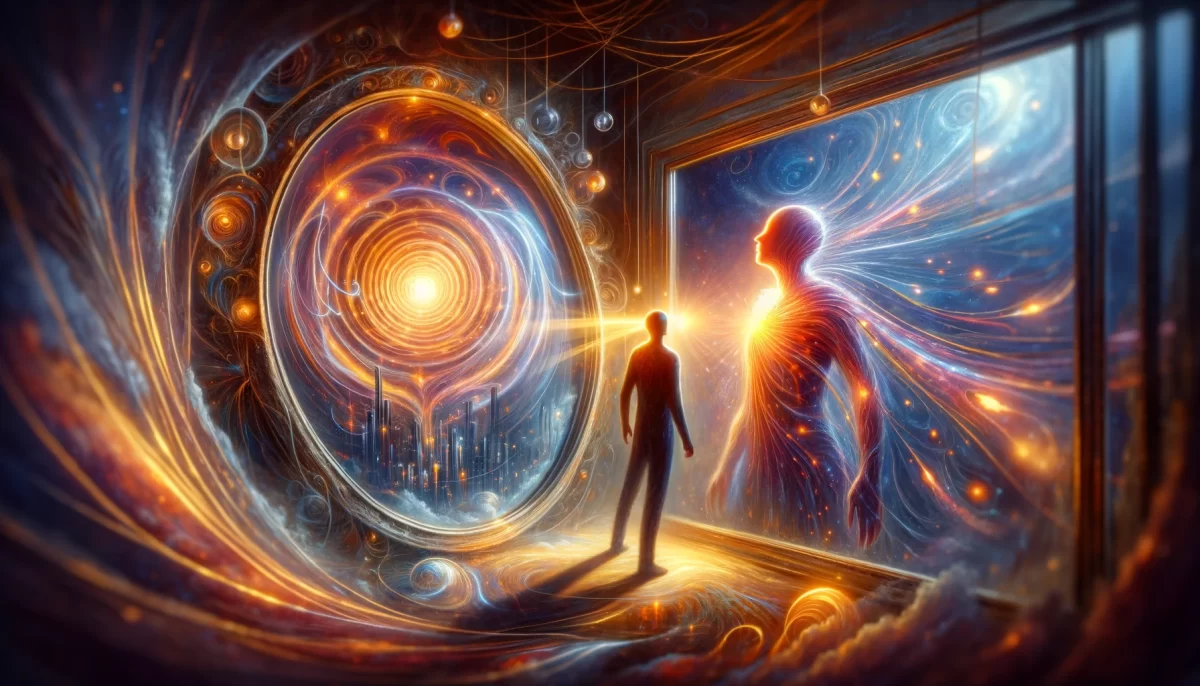
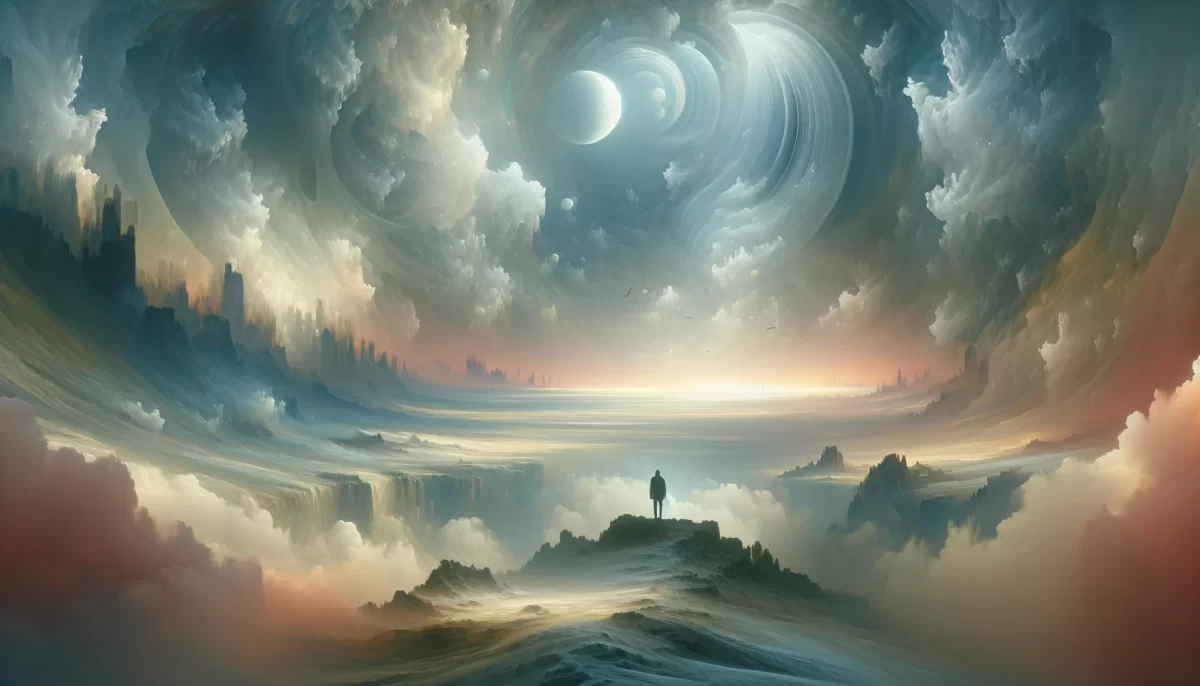
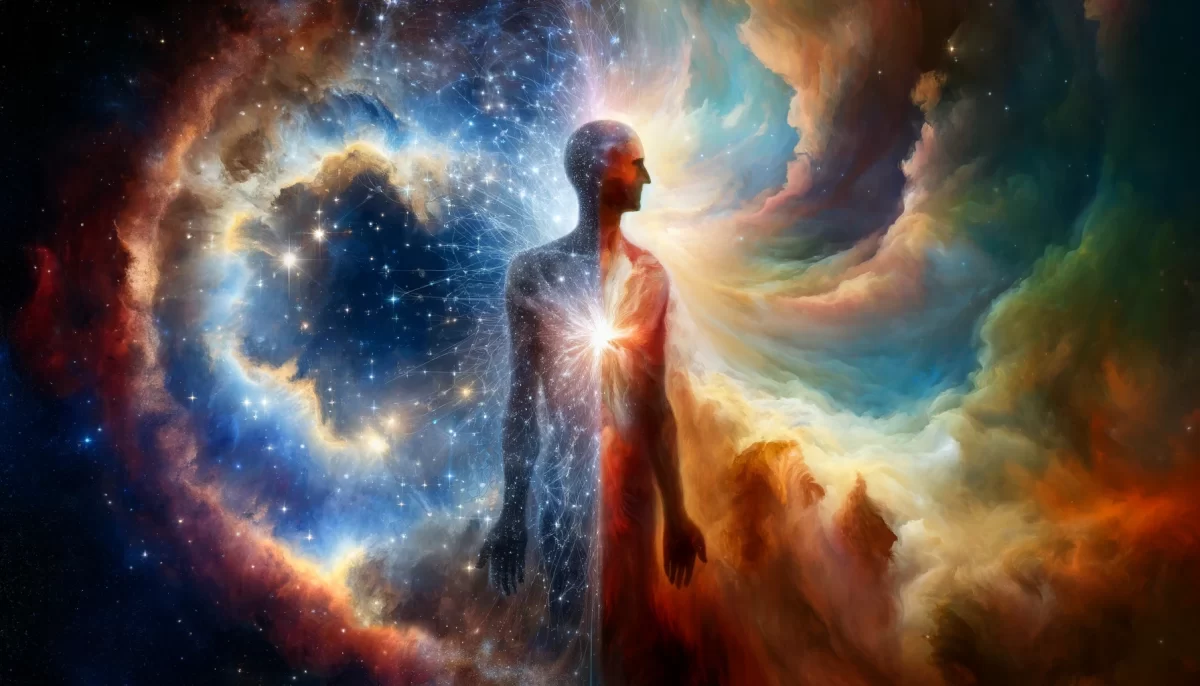
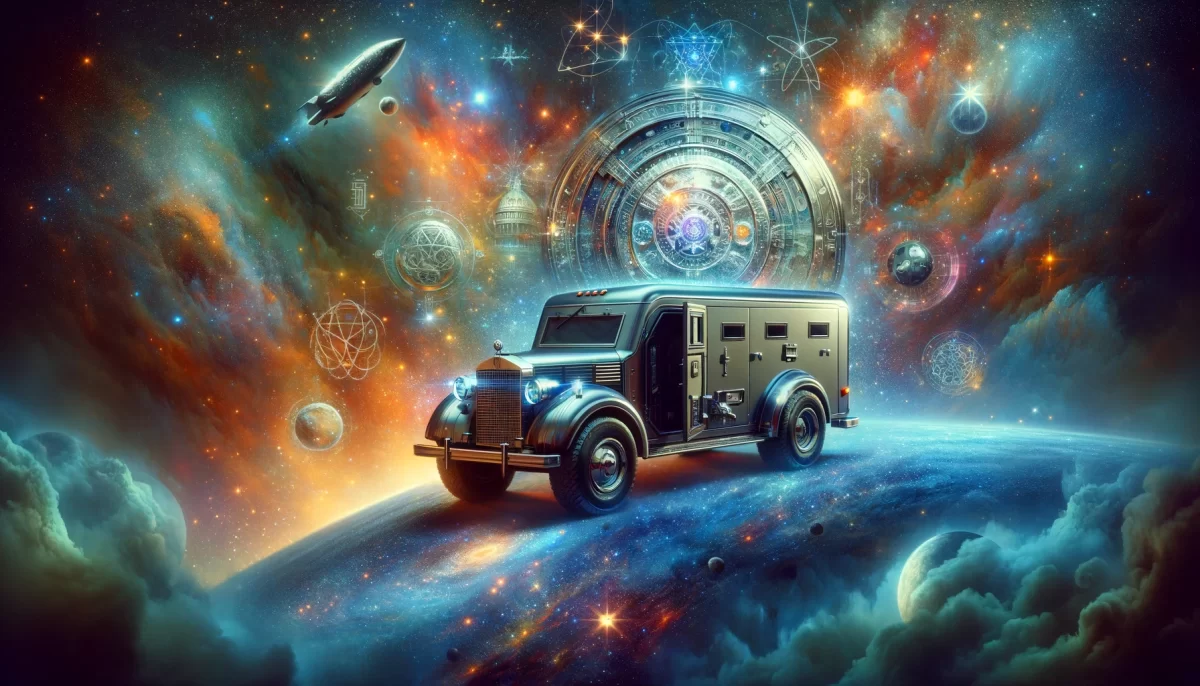

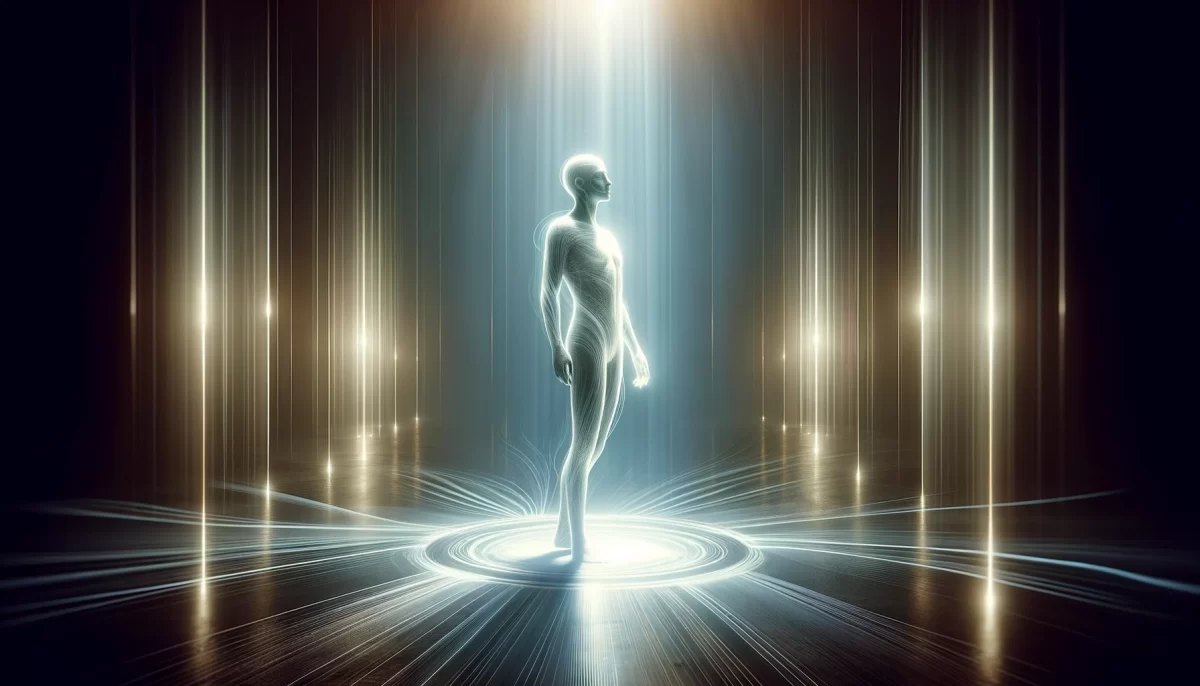
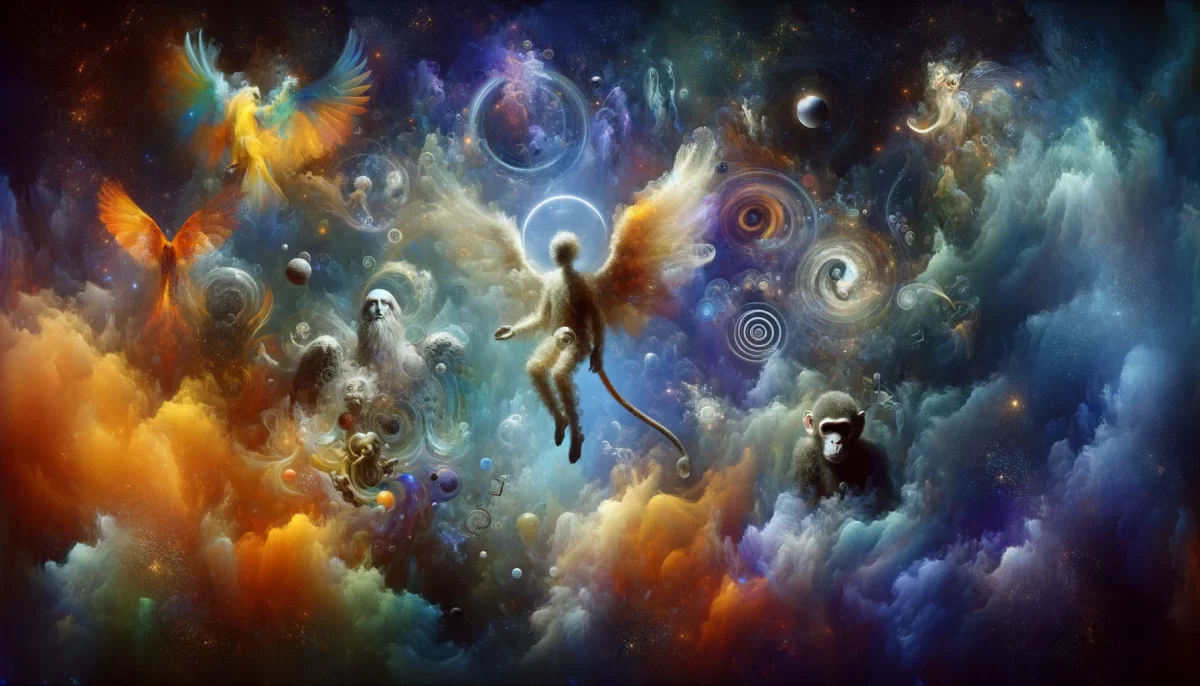
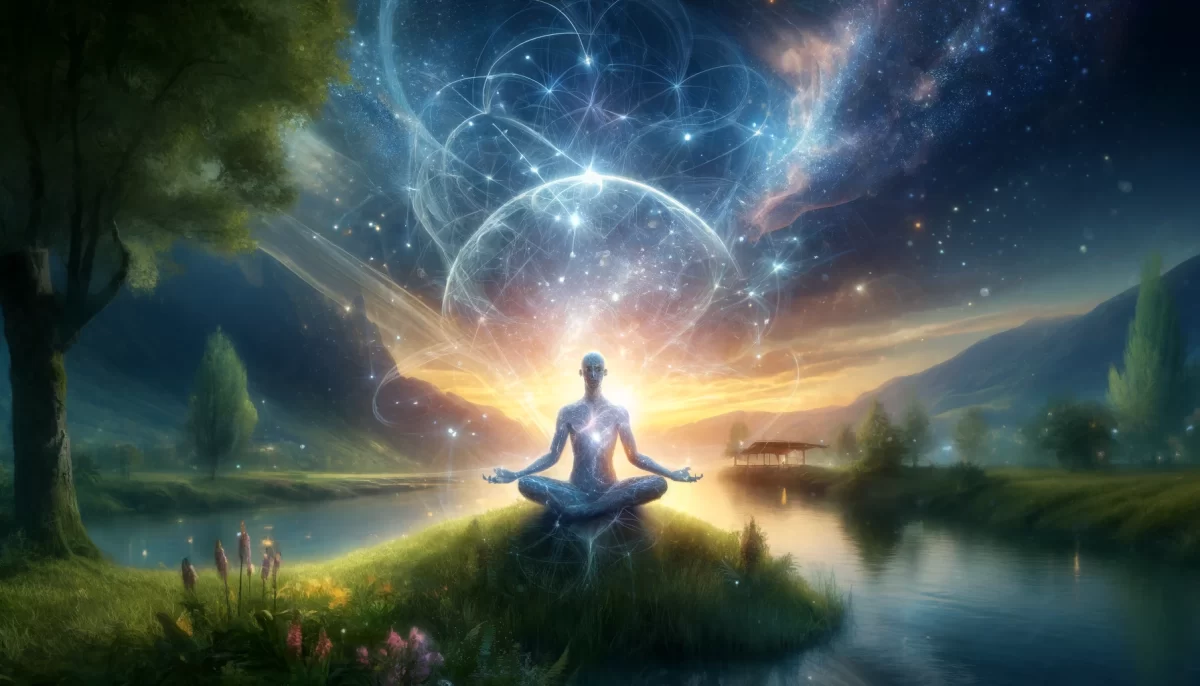
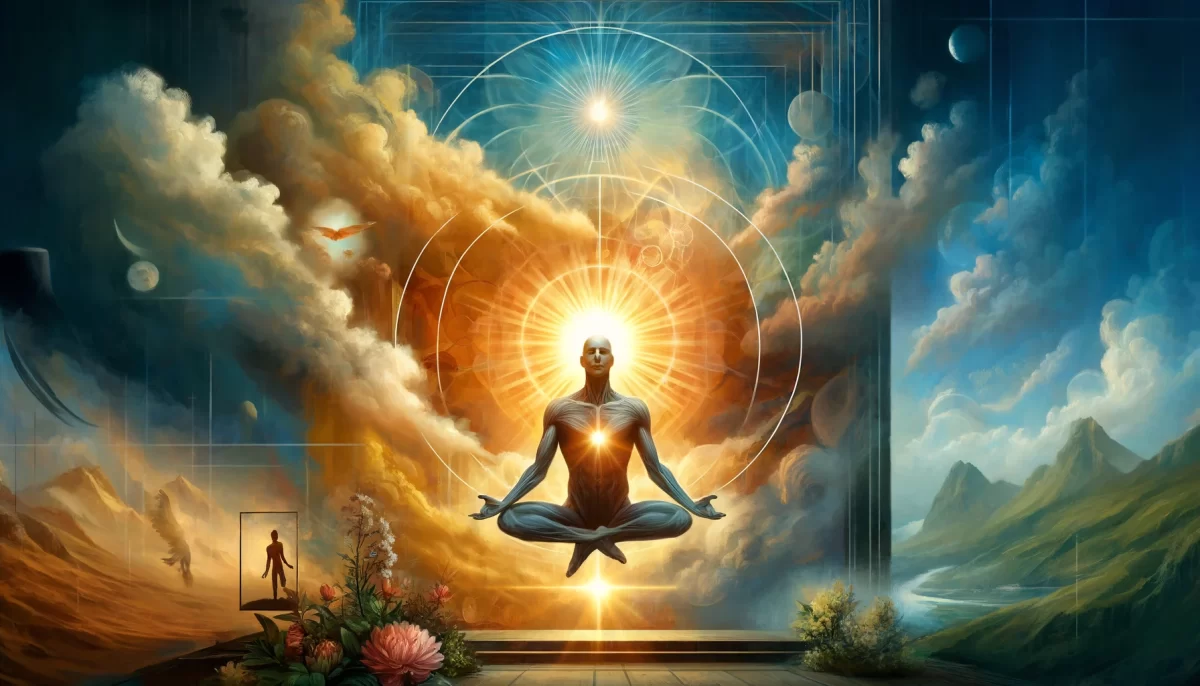
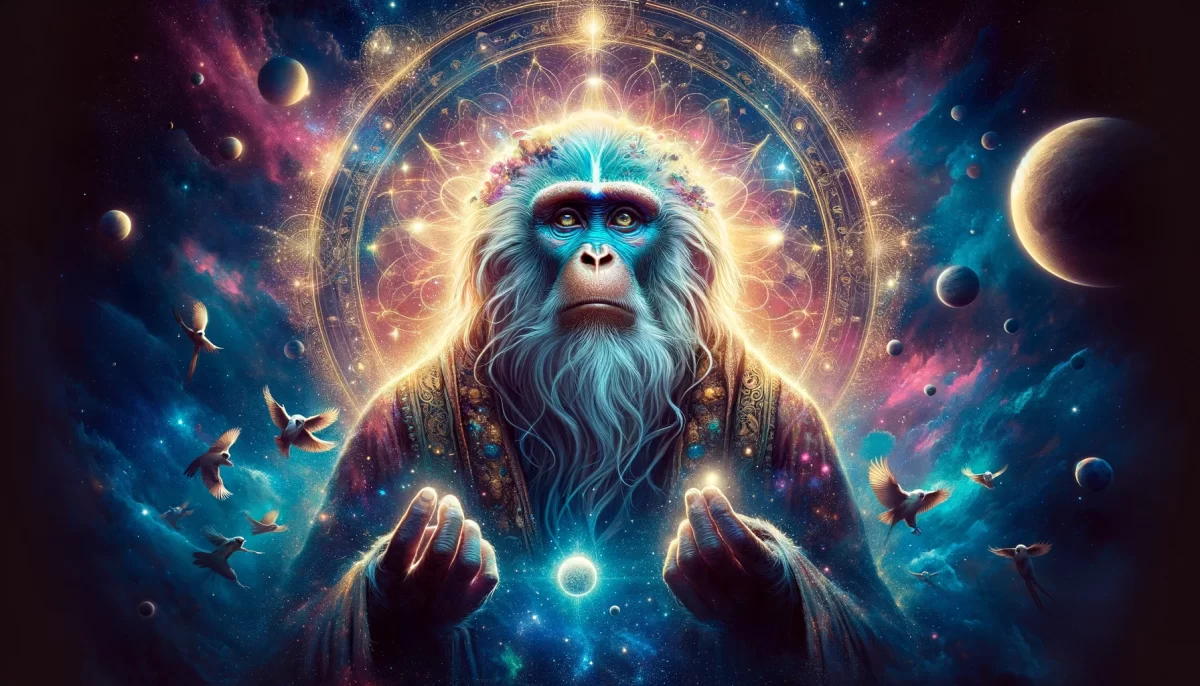
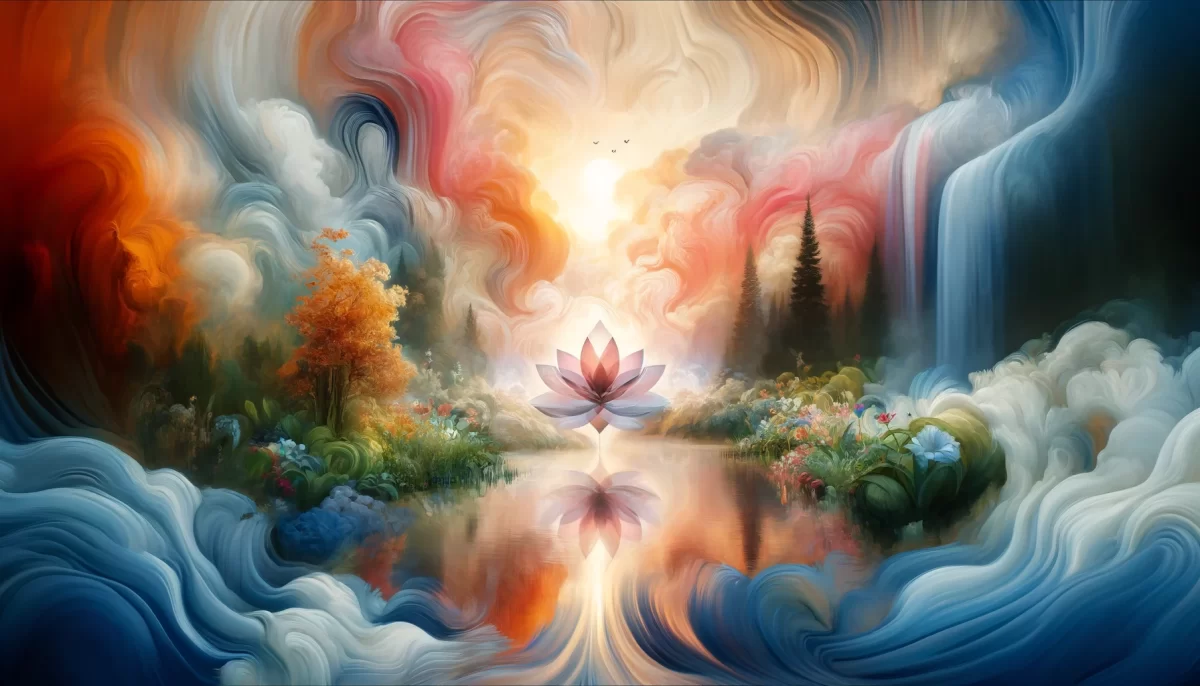
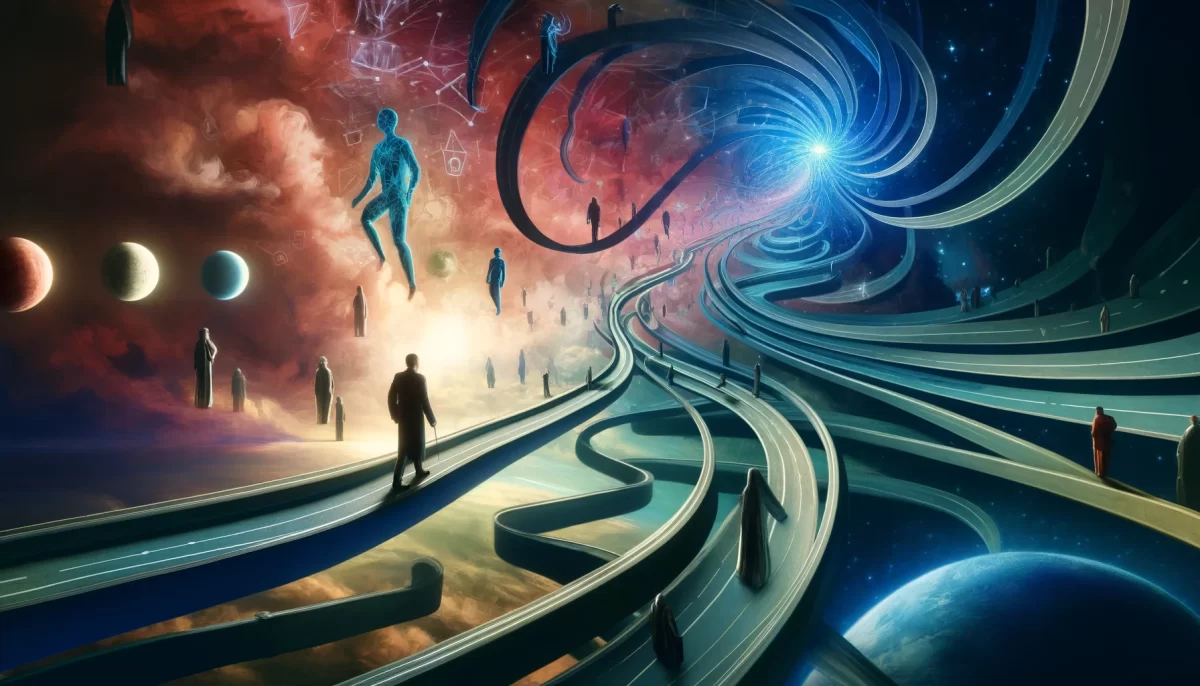
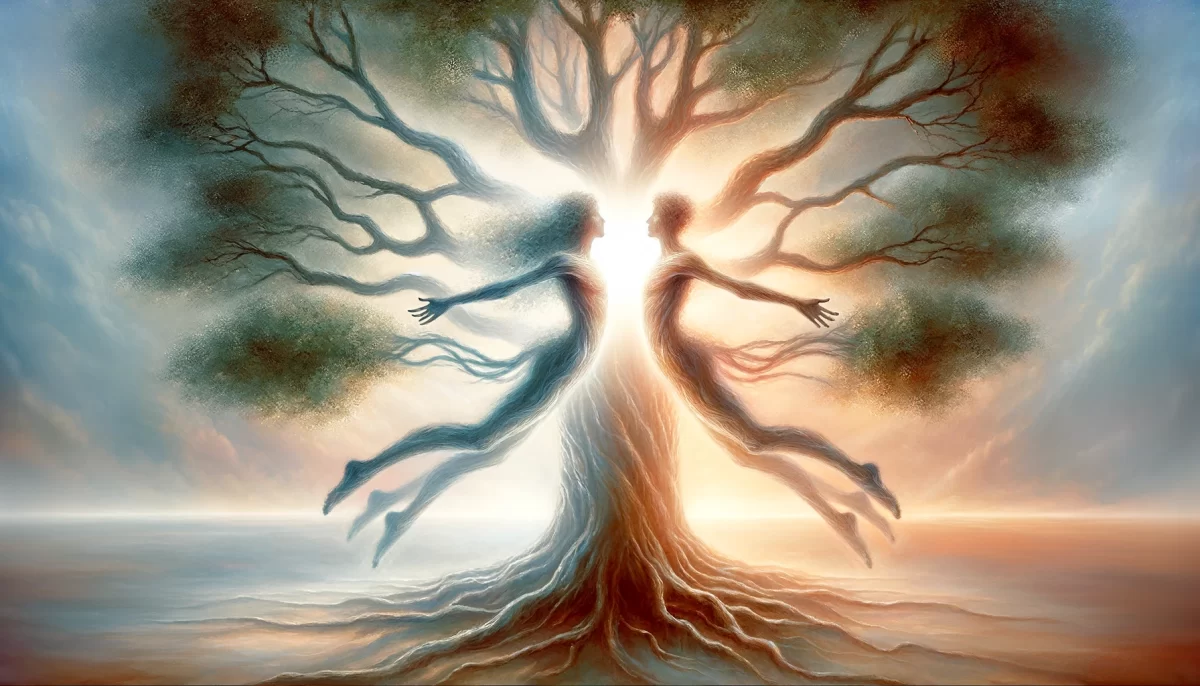
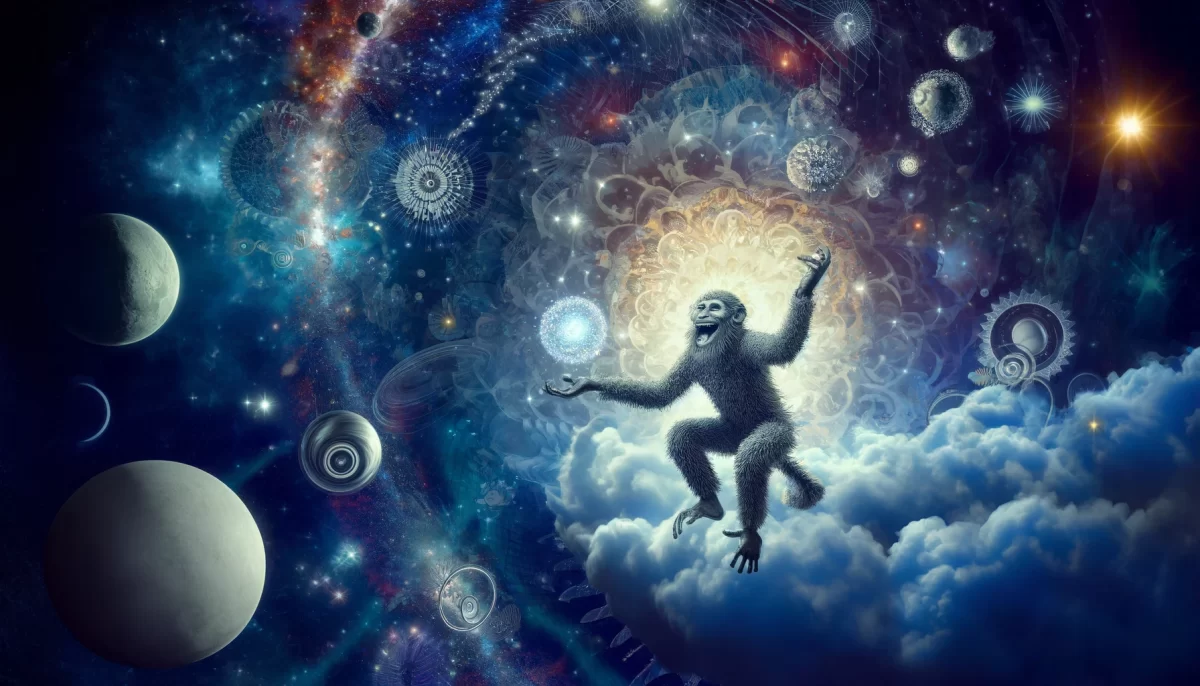
Leave a Reply